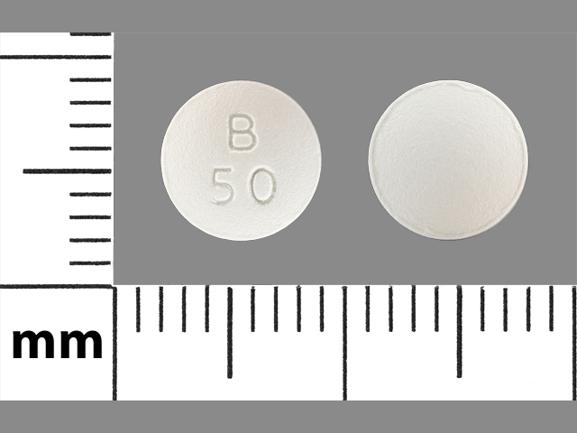Bicalutamide Disease Interactions
There is 1 disease interaction with bicalutamide.
Bicalutamide (applies to bicalutamide) hepatic dysfunction
Moderate Potential Hazard, Moderate plausibility. Applicable conditions: Liver Disease
Bicalutamide is extensively metabolized by the liver and its metabolism may be altered and/or delayed in patients with moderate to severe hepatic impairment. Therapy with bicalutamide should be administered cautiously in patients with moderate to severe hepatic impairment. Additionally there have been postmarketing reports of death or hospitalization due to severe liver injury (hepatic failure) in association with bicalutamide, so extra caution is advised in patients with hepatic impairment. Patients should be instructed to immediately report any sign or symptoms of hepatic dysfunction such as jaundice, dark urine, right upper quadrant pain, or anorexia. Clinical monitoring of hepatic function is recommended. Although hepatic abnormalities such as elevated liver transaminase levels and jaundice are usually reversible, bicalutamide therapy should be discontinued if transaminase levels exceed two times the upper normal limits.
References
- (2001) "Product Information. Casodex (bicalutamide)." Astra-Zeneca Pharmaceuticals
Bicalutamide drug interactions
There are 363 drug interactions with bicalutamide.
More about bicalutamide
- bicalutamide consumer information
- Check interactions
- Compare alternatives
- Pricing & coupons
- Reviews (12)
- Drug images
- Side effects
- Dosage information
- During pregnancy
- Drug class: antiandrogens
- En español
Related treatment guides
Drug Interaction Classification
| Highly clinically significant. Avoid combinations; the risk of the interaction outweighs the benefit. | |
| Moderately clinically significant. Usually avoid combinations; use it only under special circumstances. | |
| Minimally clinically significant. Minimize risk; assess risk and consider an alternative drug, take steps to circumvent the interaction risk and/or institute a monitoring plan. | |
| No interaction information available. |
Further information
Always consult your healthcare provider to ensure the information displayed on this page applies to your personal circumstances.


